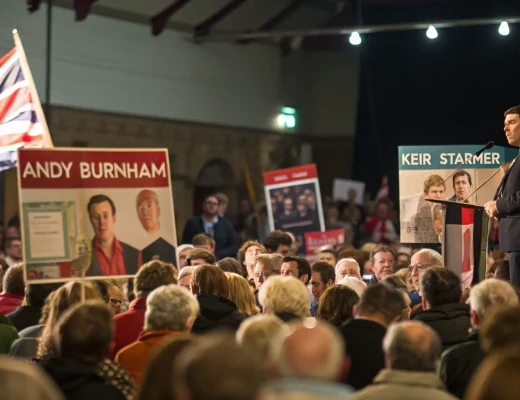The ongoing U.S. tariff conflicts have sparked concerns among financial experts about the potential impact on consumers and their finances. In response, advisors are emphasizing the importance of maintaining a well-stocked emergency fund to weather economic uncertainty. According to a recent survey by EQ Bank, 53 percent of respondents have either increased their emergency savings in the past three months or plan to do so.
Experts recommend keeping three to six months’ worth of living expenses in an accessible account that earns interest. Jason Heath, managing director at Objective Financial Partners in Toronto, points out that the required size of an emergency fund can vary depending on individual job stability. For example, business owners in sectors heavily reliant on economic conditions may need a larger fund.
Shannon Terrell from NerdWallet Canada suggests keeping emergency funds liquid and easily accessible. She compares it to a financial fire extinguisher – essential but hopefully never needed.
Emergency funds crucial amid tariffs
High-interest savings accounts (HISAs) and cashable guaranteed investment certificates (GICs) are popular options, offering security, flexibility, and some return on investment. Natasha Macmillan, director of everyday banking at a rate comparison site, stresses the importance of choosing accounts that are easily accessible and free of penalties for withdrawals. She advises comparing interest rates, understanding account fees, and opting for accounts that provide Canada Deposit Insurance Corporation (CDIC) insurance, which protects up to $100,000.
While some might consider using Tax-Free Savings Accounts (TFSAs) or Registered Retirement Savings Plans (RRSPs) for emergency funds, experts caution against it. TFSA withdrawals are not taxed, but re-contributing within the same year could incur penalties. RRSP withdrawals are subject to withholding tax and count as taxable income, potentially increasing the tax burden.
With tax season concluded, Macmillan suggests using tax refunds to start or enhance an emergency fund. “With economic uncertainty ahead, it’s a smart time for Canadians to strengthen their financial foundations,” she says. As the U.S. tariff storms continue to brew, building a robust rainy-day fund has become a top priority for many Canadians seeking financial stability in an unpredictable economic climate.
Image Credits: Photo by cottonbro studio on Pexels







